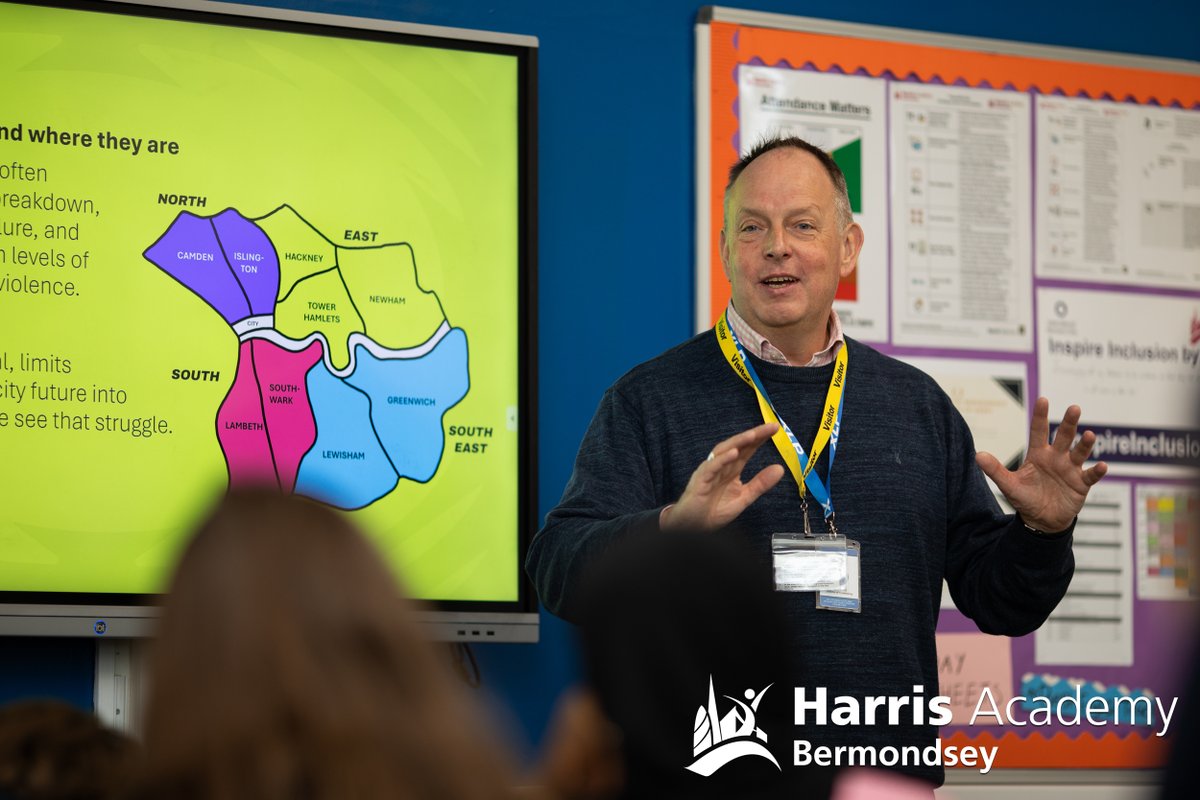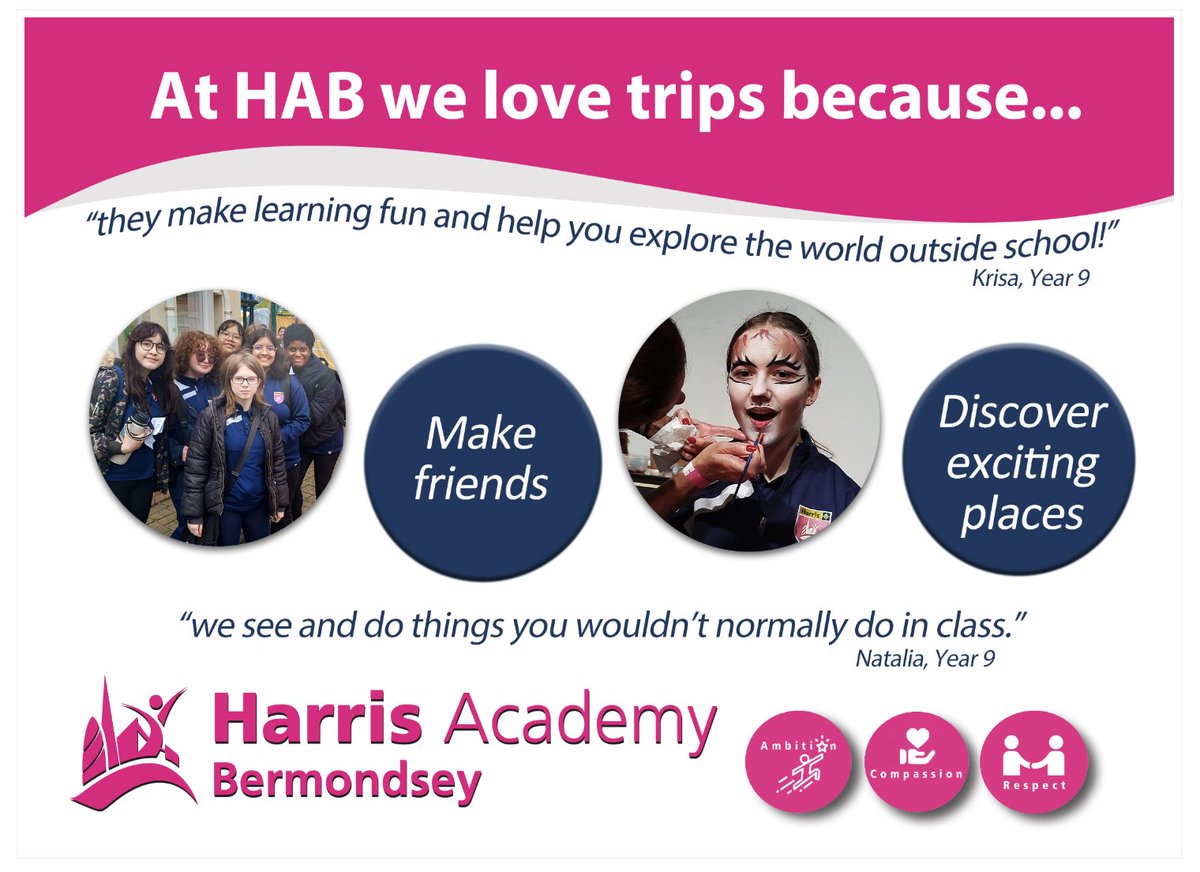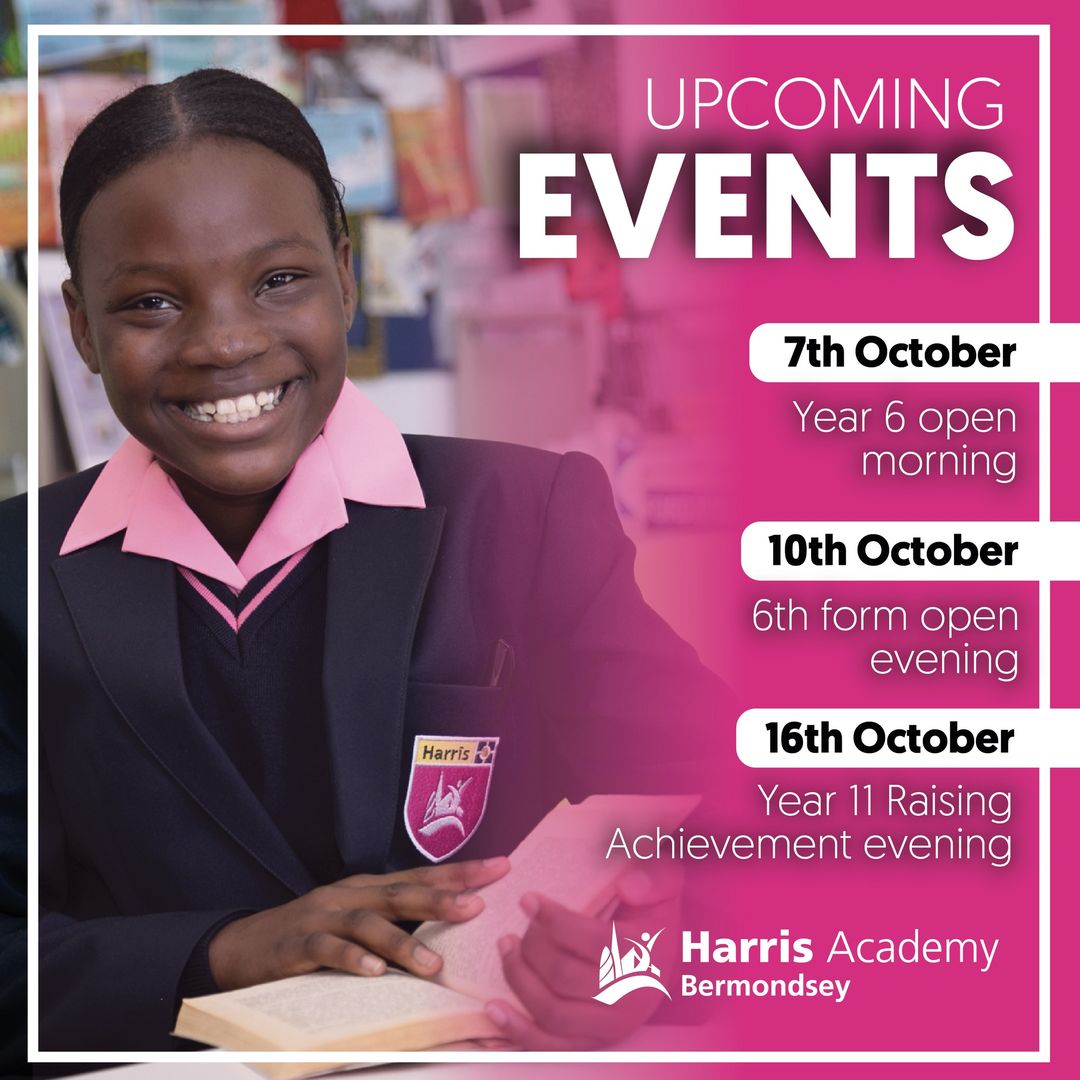Latest News
Posted on December 12th 2023
A-Level English Students Explore Lingusitics Research
 We had the amazing opportunity to further develop our study of A-Level English Language by attending lectures at Friends House in central London aimed at introducing us to new linguistics research relevant to our course.
We had the amazing opportunity to further develop our study of A-Level English Language by attending lectures at Friends House in central London aimed at introducing us to new linguistics research relevant to our course.
To start, there was a lecture from Professor Tamar Keren-Portnoy from the University of York who shared with us the intervention work that she and her team have been doing for children with Down's Syndrome who are at risk for language delay.
She spoke about babbling being an essential precursor to language development and showed us their BabblePlay app which encourages babbling and vocalisation in babies with Down's Syndrome who typically begin this process later than babies who do not have Down's Syndrome. It was interesting to learn about the application of this linguistic research beyond the classroom, as it will potentially be useful for early years clinicians who support children to learn language.
Language, gender and sexuality
This talk was followed by a lecture from Dr. Lucy Jones from the University of Nottingham who specialises in language, gender and sexuality. Her lecture allowed us to move beyond the most recent research in this field that is generally covered in A Level text books about the notion of gender performativity in language, a concept conceived by Judith Butler in the 1990s. Jones introduced us to more recent research in the field, focusing on the influence of essentialist ideologies and normative assumptions on people's use of language and construction of identity.
Misogyny in language
The star of the day was renowned linguist Professor Deborah Cameron from the University of Oxford who discussed misogyny in language: both the extremist and banal.
She took us on a journey of reflection, showing how often we ignore the "banal" and the "mundane" misogyny happening around us, such as greetings cards that contain gender-based puns and humour that reinforce gender stereotypes. She spoke about how these banal examples that reinforce expectations of shared values around gender often have the ability to morph into more extremist ideas.
She analysed some of Andrew Tate's comments on women and masculinity to show the return of overt misogyny in popular culture, but warned the students in attendance that it would be too simplistic to suggest he is the root of the current problem with young men and misogyny. Rather, she pointed out that the extreme misogyny promoted by influencers like Tate overlap with more ‘unremarkable’ and 'banal' attitudes expressed in mainstream advertising and comedy. Her talk heavily impacted a lot of us sitting in the lecture theatre as she wrapped up by asking us to "challenge these things".
"A-Level English Language is a truly exciting subject because not only is there a focus on the past, but it is continuously being reshaped and refocused in the light of technological and cultural developments," said Ms Bailey, Head of English Faculty.
"It was really interesting for students to get an insight into some of the research that is currently being undertaken in the field of linguistics in response to these changes, and to be able to relate the course content to the ‘real world’ outside of the confines of the exam paper."





















